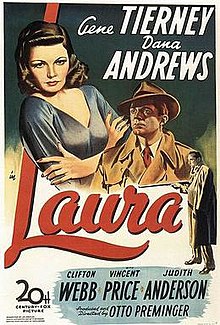
It may be an advantage to have a man about the house. The unmarried British Isit sisters Agnes (Margaret Johnston) and Ellen (Dulcie Gray) unexpectedly inherit their uncle’s Italian villa and have to deal with his sinister major-domo Salvatore (Kieron Moore) who manages the villa and vineyard. Agnes is overwhelmed by him and they marry, so he ends up owning the estate that once belonged to his family, believing Agnes to be the sole inheritor. Ellen’s suspicions are aroused when Agnes’s health begins to deteriorate and she consults Agnes’s former fiancé, visiting English doctor Benjamin Dench (Guy Middleton) … Spinsters aren’t safe with such a man. A fun Gothic melodrama with an early opportunity to see Gina Lollobrigida in English-language cinema the year she came third in the Miss Italia pageant. Moore had played Salvatore in the theatre production of Francis Brett Young’s 1942 novel (which is adapted here by J.B. Williams) and he relishes his badness here – his speechifying about the differences between dried up Italian women and young unmarried Englishwomen has to be heard to be believed. Watching the sisters’ emotional unfurling as the vines are harvested is well done, their suppressed instincts vividly described against the emotional Italians nicely gauged in montages and changes of hair and costume. It’s supremely ironic that it’s the stiff upper lipped older sister played by (the frankly weird) Johnston who succumbs to the determinedly sexual lure of the sleazy butler with murder in mind. Directed by Leslie Arliss. It is our duty as Englishwomen to set an example and not succumb to their lax foreign ways








